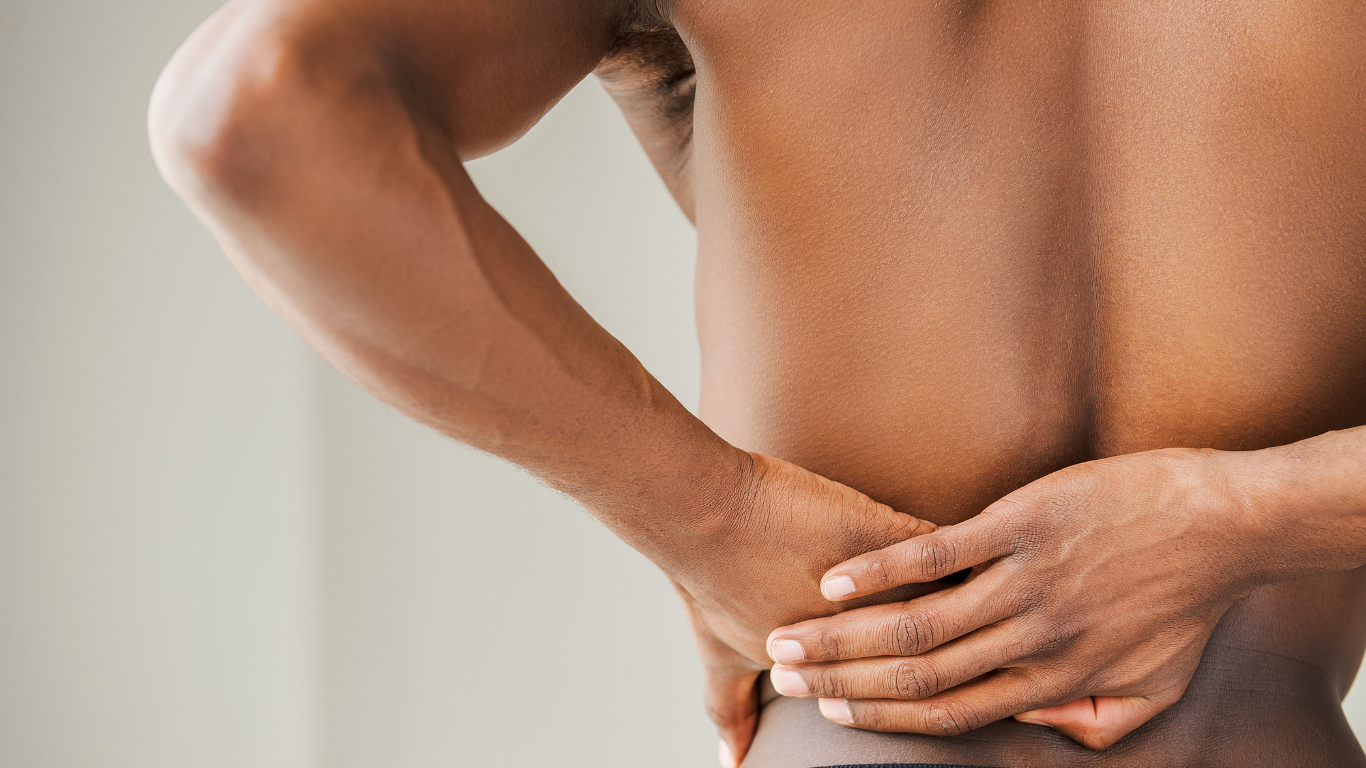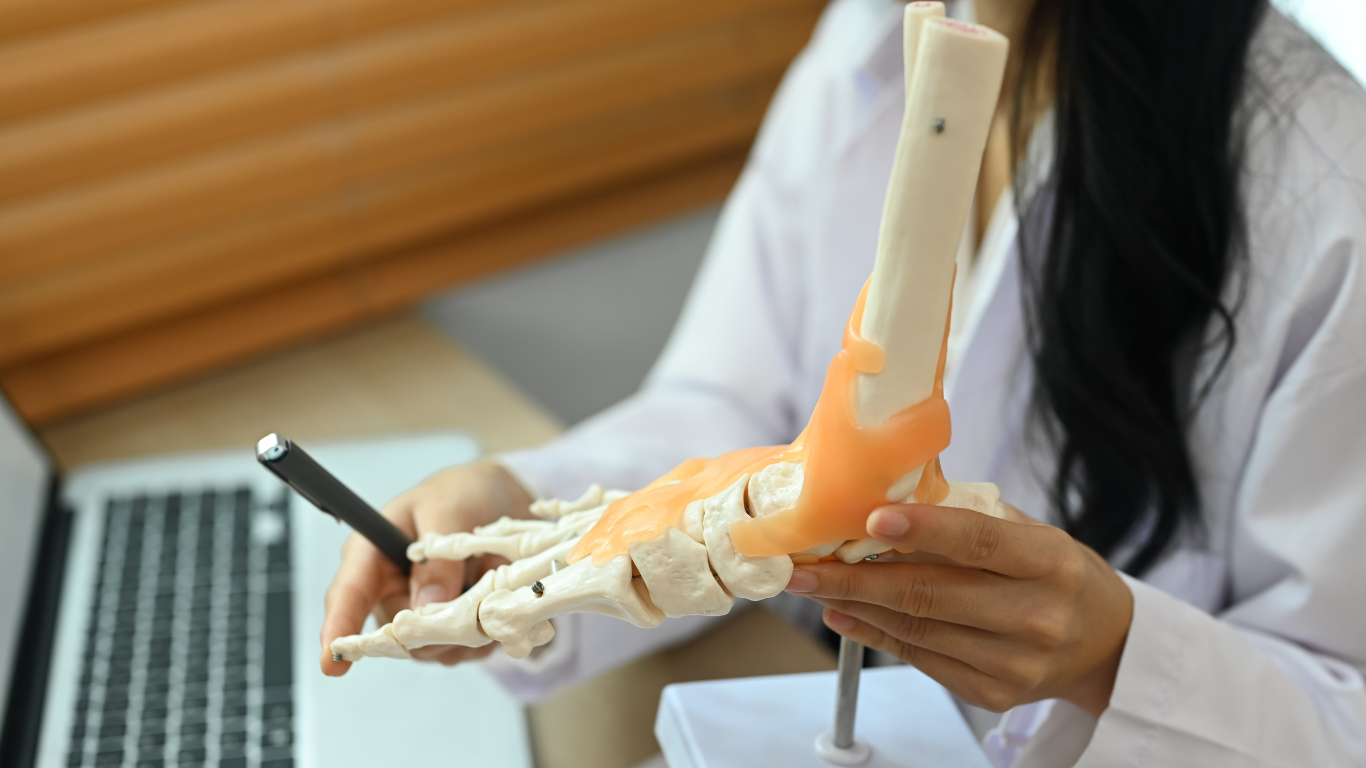Knee replacement surgery is a significant step toward alleviating chronic pain and improving your quality of life. Whether you're just beginning to explore this option or are preparing for surgery, understanding what to expect before and after the procedure is crucial. Dr. Max, a leading orthopedic surgeon in Puerto Vallarta, Mexico, brings years of expertise to guide you through this journey, ensuring that you’re well-prepared and supported every step of the way.
Before Knee Replacement Surgery: Preparation is Key
Preparation is a critical component of a successful knee replacement surgery. The better prepared you are, the smoother your surgery and recovery will likely be. Here’s what you need to know and do before the big day.
Understanding the Procedure
Before undergoing knee replacement surgery, it’s essential to understand what the procedure entails. The surgery involves removing damaged cartilage and bone from your knee joint and replacing it with an artificial joint, typically made of metal, plastic, or ceramic.
Why It’s Important: Knowing the procedure helps you set realistic expectations and reduces anxiety. Our team will explain the process but don’t hesitate to ask questions if something isn’t clear.
Best Practice: Schedule a thorough consultation with Dr. Max Greig to discuss the specific details of your surgery, including the type of implant, the expected outcomes, and any potential risks or complications.
Pre-Surgical Assessments and Tests
Before surgery, our team will require several tests and assessments to ensure you’re in good health and ready for the procedure. These might include blood tests, an electrocardiogram (EKG), and imaging studies like X-rays or MRIs.
Why It’s Important: These assessments help our surgical team plan the procedure and identify any potential risks that have to be addressed beforehand.
Best Practice: Complete all pre-surgical tests as instructed and share your full medical history with your healthcare team. If you have any pre-existing conditions, such as diabetes or heart disease, Dr. Max may recommend additional precautions to manage these during surgery.
Preparing Your Home for Recovery
Your home environment will play a significant role in your recovery. Before surgery, it’s important to set up your living space to accommodate your post-operative needs.
Why It’s Important: Ensuring your home is safe and accessible can help prevent accidents and make your recovery more comfortable.
Best Practice: Arrange for a comfortable, easily accessible space to rest and recover. Move essential items to waist level to avoid bending or stretching, remove tripping hazards like loose rugs, and consider installing grab bars in your bathroom. Also, prepare meals in advance or arrange for someone to assist you with daily tasks during the first few weeks post-surgery.
Planning for Post-Surgery Support
You’ll need help during your initial recovery period. Having a support system in place can make a big difference in your comfort and well-being.
Why It’s Important: Assistance with daily tasks like cooking, cleaning, and transportation to follow-up appointments or physical therapy is essential, especially during the first few weeks after surgery.
Best Practice: Arrange for a family member or friend to stay with you or check in regularly. If this isn’t possible, consider hiring a home health aide for the initial recovery period. Make sure your support team understands the specifics of your post-operative care plan, including medication schedules, mobility limitations, and physical therapy routines. If you plan on recoverying here in Mexico, Dr. Max’s team can help you with this.
After Knee Replacement Surgery: The Road to Recovery
The post-operative phase is where your commitment to recovery truly begins. Following Dr. Max's and the team's advice and adhering to your recovery plan are crucial for a successful outcome.
Managing Pain and Discomfort
Pain management is a top priority after knee replacement surgery. While some discomfort is normal, proper pain control is essential for participating in physical therapy and performing daily activities.
Why It’s Important: Effective pain management helps you move more comfortably, reduces the risk of complications like blood clots, and speeds up the recovery process.
Best Practice: Take prescribed pain medications as directed by Dr. Max. Use additional methods like ice therapy, elevation, and relaxation techniques to manage pain. It’s important to stay ahead of the pain rather than waiting until it becomes severe.
Physical Therapy: The Cornerstone of Recovery
Physical therapy is vital to regaining strength, flexibility, and mobility in your new knee. Starting therapy as soon as possible after surgery is crucial for a successful recovery.
Why It’s Important: Physical therapy helps prevent stiffness, improve circulation, and strengthen the muscles around your knee, all essential for regaining full function.
Best Practice: Work closely with our physical therapist to follow a tailored exercise program. Initially, therapy may be challenging, but consistent effort will yield significant improvements. Be patient with your progress, and don’t rush the process. The first few weeks are crucial, so attend all therapy sessions and perform recommended exercises at home.
Monitoring for Complications
Even with careful planning and adherence to post-operative care, complications can occur. Being vigilant about your health during recovery can help you catch any issues early.
Why It’s Important: Early detection of complications such as infection, blood clots, or implant problems can prevent more serious issues and ensure a smoother recovery.
Best Practice: Keep an eye out for signs of infection (redness, warmth, or discharge at the incision site), increased pain, swelling in the leg, or shortness of breath. If you experience any of these symptoms, contact your surgeon immediately. Regular follow-up appointments are also essential for monitoring your progress and addressing any concerns.
Gradual Return to Activities
Returning to your normal activities after knee replacement surgery is a gradual process. While it’s natural to want to resume your routine quickly, it’s important to give your body the time it needs to heal.
Why It’s Important: Overdoing activities too soon can lead to setbacks, increased pain, and potential damage to the new joint.
Best Practice: Follow our guidelines for returning to activities. Start with low-impact exercises like walking or swimming, and avoid high-impact activities that can strain your knee. As you regain strength and confidence, you can gradually reintroduce more demanding activities. Always listen to your body, and don’t push yourself too hard.
Long-Term Care and Maintenance
Your knee replacement is designed to last many years, but long-term care is essential to maintaining its function and longevity.
Why It’s Important: Proper care of your new knee can help prevent complications and extend the life of the implant.
Best Practice: Continue with regular low-impact exercise to keep your knee strong and flexible. Maintain a healthy weight to reduce stress on the joint, and avoid activities that could damage the implant. Stay in touch with our team for ongoing monitoring and support.
Conclusion: Your Path to a Pain-Free Life
Knee replacement surgery is a life-changing procedure that can significantly improve mobility and reduce pain. By understanding what to expect before and after surgery and following the advice of our team, you can ensure a successful recovery and return to the activities you love.
Dr. Max Greig and his team in Puerto Vallarta are here to support you through every stage of your knee replacement journey. From pre-surgical consultations to post-operative care, we’re committed to helping you achieve the best possible outcomes.
Ready to Take the Next Step? If you’re considering knee replacement surgery or have questions about your recovery, contact us today to schedule a consultation with Dr. Max. Let us help you reclaim your mobility and improve your quality of life.


.png)


